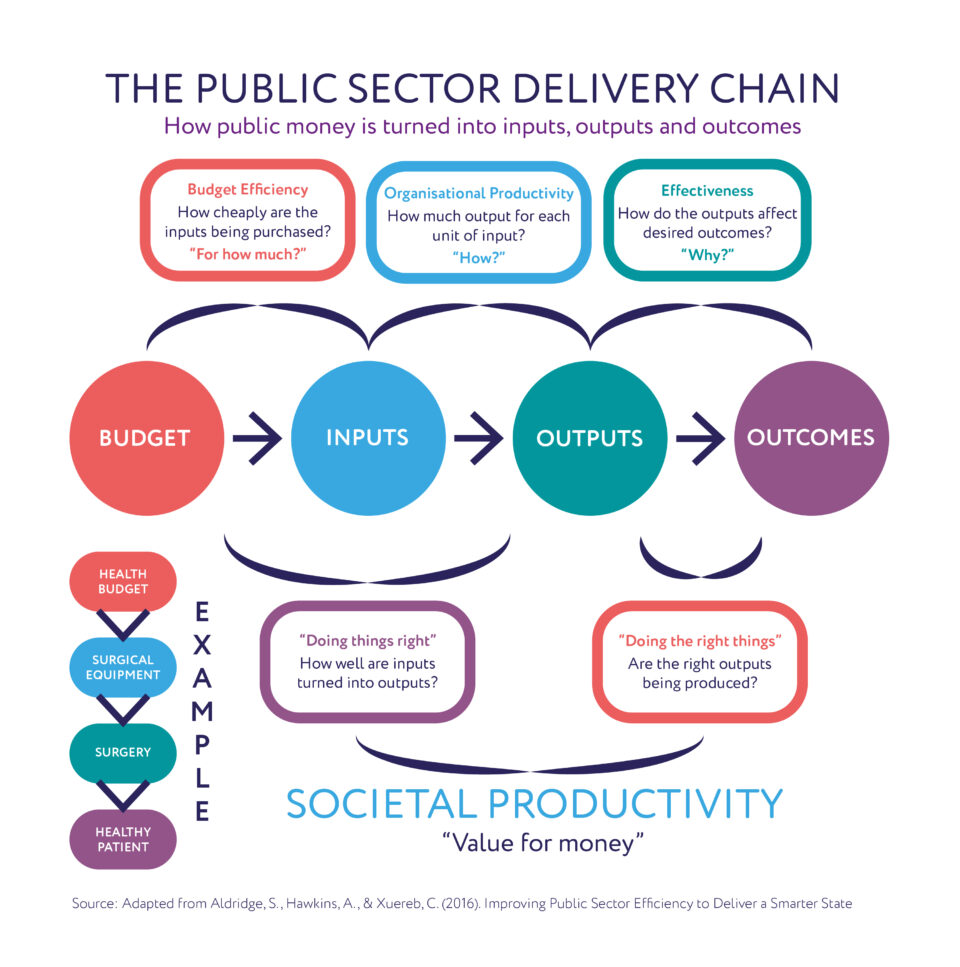How not to miss the productivity revival again: Bart van Ark at the Royal Society of Edinburgh
The Royal Society of Edinburgh recently hosted a talk by Professor Bart van Ark, Managing Director of The Productivity Institute. The focus of the lecture was the future of productivity in the UK and Scotland. Professor Sir Anton Muscatelli opened the event, which featured a diverse panel including Maggie Chapman MSP, Michael Marra MSP, and Brian Whittle MSP, fostering a rich discussion on this critical issue. This article provides a summary of the talk and is based on a blog originally posted on the Royal Society of Edinburgh’s website.
Understanding the productivity puzzle
Bart began by emphasising that while the question of reviving productivity is not new, it remains highly relevant. Despite rapid technological advancements, productivity growth is stagnant. He said: “We have seen productivity revivals before and it has sometimes taken us time to see it, and today we are in the world of very rapid technological advance, we see that all around us – but at the same time if we look at the productivity numbers it seems to be slow.”
This echoes the sentiment of Nobel Prize-winning economist Robert Solow’s 1987 observation: “We see computers everywhere except in the statistics.” This paradox suggests that while technology pervades our lives, its impact on productivity is not always immediately visible.
The challenges of measuring productivity
Measuring productivity goes beyond simple gross domestic product (GDP) metrics. Bart highlighted the difficulty in incorporating intangible factors such as soft skills. Alongside the significant lag in seeing productivity improvements from new technologies, the problem of measurement is compounded by issues like workforce aging, climate change, and deglobalisation. These challenges create a complex landscape for accurately assessing productivity.
The importance of productivity
Despite these difficulties, productivity remains critically important as the primary driver of long-term economic growth. It not only frees up resources for investment in new technologies but also leads to job creation, better quality of life, and positive societal impacts. Bart stressed that productivity extends beyond GDP-per-hour metrics to encompass how effectively resources are used to create better outcomes, particularly within the public sector.
Global and local slowdowns
The slowdown in productivity growth is a global phenomenon, not unique to the UK. Western countries have experienced this slowdown over the past 15 years, with China also seeing a deceleration after its productivity boom in the 1990s. India stands out as the only major economy that has not faced this issue, indicating a broader global challenge.
Bart explained that low productivity levels affect a region’s resilience to economic shocks, such as cost-of-living crises and climate change. He pointed out that many areas in the UK have such low productivity that significant investments and systemic changes are necessary to break the cycle of underperformance.
Causes of the UK’s productivity issues
The UK’s productivity challenges stem from chronic underinvestment, inadequate diffusion of knowledge, and institutional fragmentation, as identified in The Productivity Agenda. Compared to other countries, the UK has lagged in investing in machinery, equipment, skills, and broader infrastructure. Additionally, while the UK has excellent companies and sectors, the knowledge and practices from these leaders are not sufficiently disseminated to benefit smaller firms and other regions.
Institutional fragmentation exacerbates the problem. The UK, being the most centralised yet fragmented economy in the OECD, struggles with policy coordination across numerous local governments and organisations. This lack of coherence hinders effective productivity enhancement strategies.
The role of Artificial Intelligence
Contrary to popular belief, artificial intelligence (AI) is not yet widely adopted in business processes. Bart noted that while many have experimented with AI tools like ChatGPT, systematic implementation in companies remains limited. For AI to boost productivity significantly, there needs to be a well-educated workforce, robust software, and high-quality data. Moreover, current computing power is insufficient, necessitating advancements in technologies such as quantum computing.
Policy solutions for productivity revival
Effective policy implementation and coordination are crucial for reversing the productivity slowdown. The UK’s current system includes a high number of different policy organisations that have a stake in productivity. In addition, these are spread across a range of different departments, such as the Treasury and departments for education, transport, housing, climate change. This fragmented approach requires better synchronisation, which will involve not only adaptation to new technologies, but also continuous restructuring of policies to stay relevant.
There is also a need for inclusive productivity growth, ensuring that all people, places, and firms have access to the sources of productivity growth. Support systems must be in place to help them transform these resources into better outcomes, and equitable distribution of these outcomes is essential.
Scotland’s productivity performance
Scotland presents a mixed bag when it comes to productivity. While some areas, like export intensity and tertiary education, are highly productive, other areas lag. The challenge lies in ensuring that the benefits of productivity are widely distributed, addressing skill gaps, and implementing structural changes that bring everyone along.
The Scotland Productivity Forum is one of eight forums across the UK set up by The Productivity Institute with the goal of examining place-based problems and offering insights for businesses and policymakers. Additionally, The Productivity Institute recently signed a memorandum of understanding with Peer Works, a programme delivered by Prosper, to power up Scotland’s productivity.
A call to action
In closing, Bart urged a proactive approach, quoting Shakespeare’s Julius Caesar as a reminder to seize opportunities for productivity revival:
“There is a tide in the affairs of men
Which, taken at the flood, leads on to fortune;
Omitted, all the voyage of their life
Is bound in shallows and in miseries.
On such a full sea are we now afloat;
And we must take the current when it serves,
Or lose our ventures.”
The message is clear: coordinated, inclusive, and well-implemented policies are essential to harness the potential for a productivity revival, ensuring sustained economic growth and improved quality of life for all.






